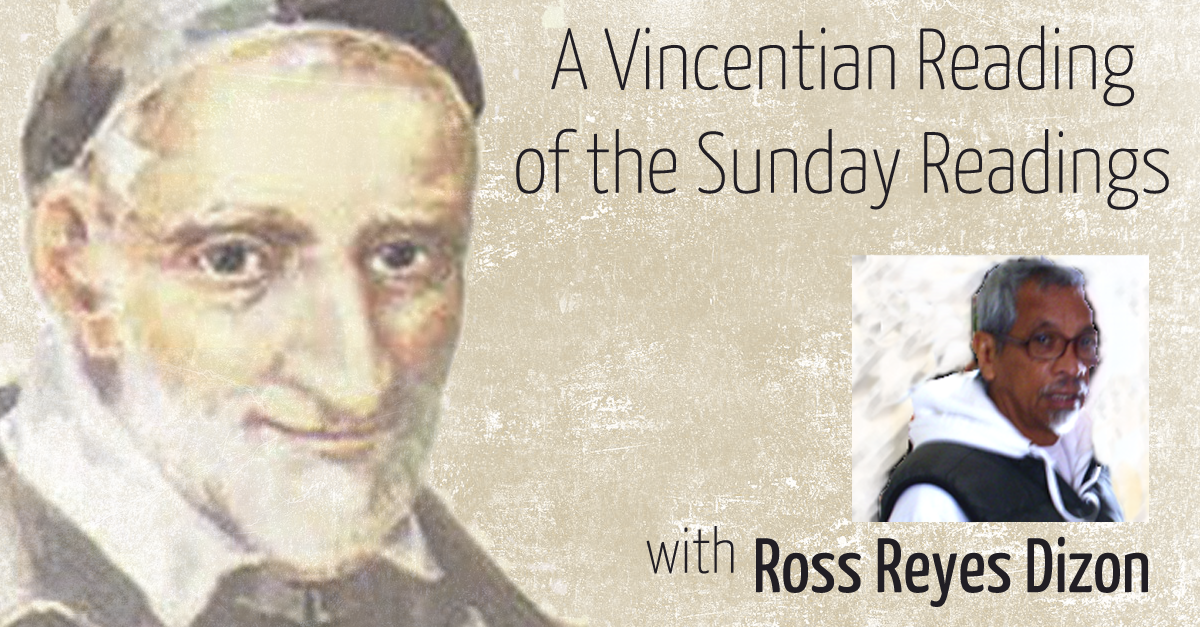Jesus has the wisdom in speaking that his adversaries will be powerless to resist or refuse.
The Pharisees love it when people recognize their wisdom and call them teachers. And they are wise, undoubtedly, as the tricky question they address to Jesus through theirs messengers shows.
The compromising question puts Jesus between a rock and a hard place. If he answers no, he gets into trouble with the Roman authority. And to say yes is to declare oneself an enemy of the Jewish people, a collaborator of oppressive invaders.
But it turns out that the wisdom of the Pharisees is that of the wise men who get caught in their own craftiness. Jesus avoids the dilemma and rebukes besides those who test him for their hypocrisy.
They are hypocrites because, first, they come as friends but are actually enemies. Secondly, they pretend to seek the opinion of Jesus when, in fact, they have already made up their minds.
And their decision has been not to let their possession and use of the census tax coin bother them. That is because they quickly hand Jesus the coin. And it has the image of Caesar and the inscription that proclaims him divine. So, even more hypocritical do they turn up, since they make the law of Moses conform to the Roman world. Would such accommodation not compromise them? Surely, they need to give back to Caesar what belongs to Caesar.
Jesus’ commitment is to God, to the kingdom of God and his righteousness.
Since he is a Jew, Jesus upholds that “the earth is the Lord’s and all it holds.” There is then no political domain that lies outside the power of God. That is why there cannot be an absolute separation between the spiritual and temporal powers. Both Cyrus and Caesar must yield to God. That is to say, what is of utmost importance is the kingdom of God and his righteousness.
And since the kingdom of God belongs to the poor, it is not surprising that Jesus’ commitment is to the poor also. After all, they carry more than anyone else the unjust and unbearable Roman yoke.
So, then, by being in solidarity with the powerless, Jesus proclaims them dear to him. The poor do not belong to any worldly sovereign; rather, they belong to God. And Jesus frees them from the clutches of those who sell them for a pair of sandals.
And such foolishness on Jesus’ part turns into wisdom. Because of it, they fall into their own clever traps those who exchange their glorious God for the image of Caesar. It goes without saying that our wisdom lies in our recognizing with much spiritual conviction that “poor persons are our portion” (SV.EN XII:4).
Lord Jesus, give us new wisdom as we eat from the table of your bread and word.
22 October 2017
29th Sunday in O.T. (A)
Is 45, 1. 4-6; 1 Thes 1, 1-5b; Mt 22, 15-21








0 Comments